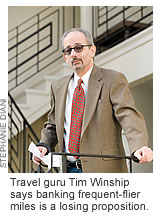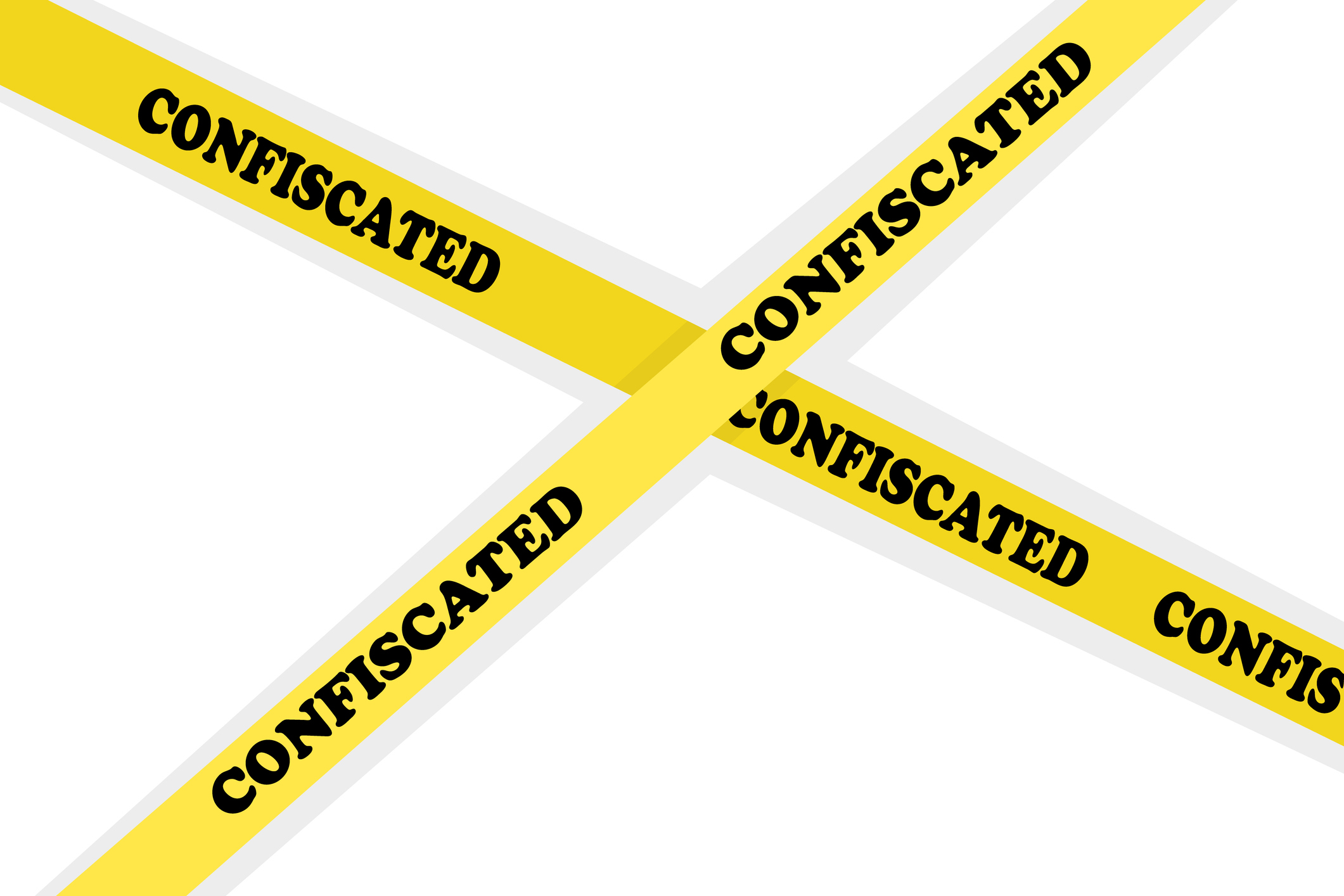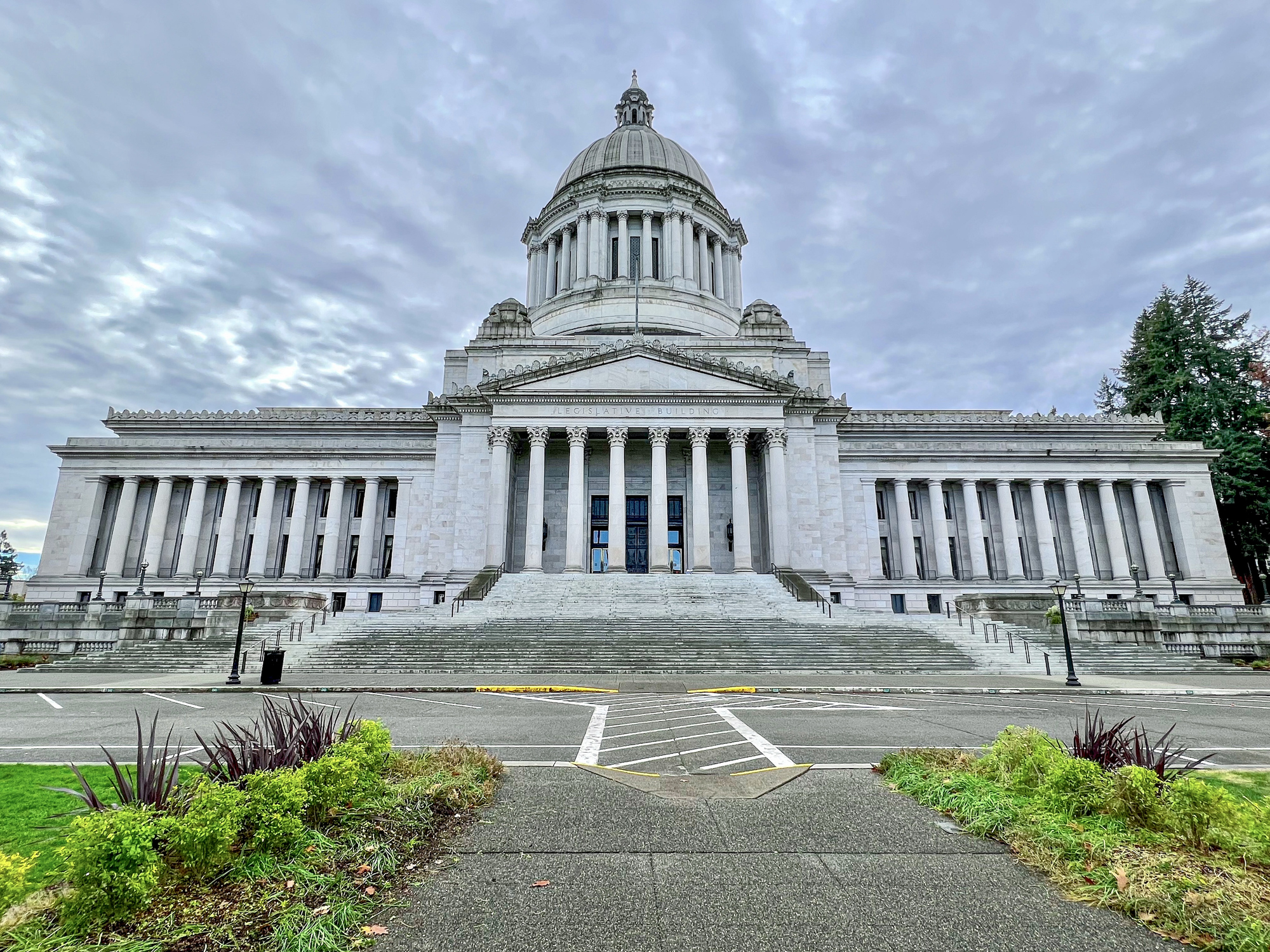Frequent Fliers: Expect Turbulence
Airlines are charging more to issue award tickets and making them harder to get.

Profit and prosper with the best of Kiplinger's advice on investing, taxes, retirement, personal finance and much more. Delivered daily. Enter your email in the box and click Sign Me Up.
You are now subscribed
Your newsletter sign-up was successful
Want to add more newsletters?
Tim Winship is an editor-at-large for SmarterTravel.com and publisher of FrequentFlier.com.

Are frequent-flier programs still a good deal?
These programs have lost a lot of their value over the past five years, in a number of ways. You've seen most airlines increase the number of miles required for awards. American Airlines recently began imposing a $50 cash surcharge to upgrade from coach to first class. International upgrades can cost as much as $350. Frontier and US Airways now charge a $25 frequent-flier-award ticketing fee for domestic flights. Continental recently announced that holders of unrestricted awards -- for which you typically pay twice as many miles -- would no longer have rights to any available seat on all flights.
From just $107.88 $24.99 for Kiplinger Personal Finance
Become a smarter, better informed investor. Subscribe from just $107.88 $24.99, plus get up to 4 Special Issues

Sign up for Kiplinger’s Free Newsletters
Profit and prosper with the best of expert advice on investing, taxes, retirement, personal finance and more - straight to your e-mail.
Profit and prosper with the best of expert advice - straight to your e-mail.
Finally, it used to be standard policy to earn a minimum of 500 frequent-flier miles even on short flights. Now, US Airways awards only the actual miles flown.
Do discount airlines, such as Southwest and JetBlue, treat frequent fliers better?
We have not seen a similar pattern of program devaluation among the low-cost carriers, but they've had bare-bones programs from the outset. They limit the ways you can earn miles, or what you can redeem them for. And miles expire sooner.
How else can travelers save?
The majority of consumers earn their miles by using a credit card. If the card offers a hotel program, it can give airline programs a run for their money. While airline ticket prices have been flat for the past several years, due to competition from discount airlines, hotels have been steadily raising rates.
Another attractive option is a card that offers a simple 1% cash rebate -- essentially equivalent to airline cards that let you earn one mile for every dollar. But with cash, you can buy a ticket with none of the hassle of redeeming miles.
What should people do with the miles they've saved?
You'd be surprised at how many people are hoarding miles with the idea that someday they'll retire and start redeeming the miles for exotic trips. That is a very risky approach. There's no reason to think that the ongoing devaluation of miles is a trend that is going to reverse. It's like holding a stock that's been losing value for the past five years -- irrational. Using miles sooner rather than later is called for.
Profit and prosper with the best of Kiplinger's advice on investing, taxes, retirement, personal finance and much more. Delivered daily. Enter your email in the box and click Sign Me Up.

Anne Kates Smith brings Wall Street to Main Street, with decades of experience covering investments and personal finance for real people trying to navigate fast-changing markets, preserve financial security or plan for the future. She oversees the magazine's investing coverage, authors Kiplinger’s biannual stock-market outlooks and writes the "Your Mind and Your Money" column, a take on behavioral finance and how investors can get out of their own way. Smith began her journalism career as a writer and columnist for USA Today. Prior to joining Kiplinger, she was a senior editor at U.S. News & World Report and a contributing columnist for TheStreet. Smith is a graduate of St. John's College in Annapolis, Md., the third-oldest college in America.
-
 Dow Cuts 1,277-Point Drop as Trump Tames Energy Threat: Stock Market Today
Dow Cuts 1,277-Point Drop as Trump Tames Energy Threat: Stock Market TodayTuesday's price action was volatile as market participants reacted to the escalating conflict between the U.S. and Iran.
-
 Safe or Seizable?: The IRA & Bankruptcy Protection Quiz
Safe or Seizable?: The IRA & Bankruptcy Protection QuizQuiz Depending on the type of IRA you own and/or how you inherited it, your "safe" money might actually be on the table for creditors.
-
 Is a New 9.9% Millionaire Tax Coming to Washington? What to Know
Is a New 9.9% Millionaire Tax Coming to Washington? What to KnowTax Policy Washington’s tax structure may be headed for another significant shift. Will more states start "taxing the rich"?
-
 9 Types of Insurance You Probably Don't Need
9 Types of Insurance You Probably Don't NeedFinancial Planning If you're paying for these types of insurance, you might be wasting your money. Here's what you need to know.
-
 Amazon Resale: Where Amazon Prime Returns Become Your Online Bargains
Amazon Resale: Where Amazon Prime Returns Become Your Online BargainsFeature Amazon Resale products may have some imperfections, but that often leads to wildly discounted prices.
-
 Roth IRA Contribution Limits for 2026
Roth IRA Contribution Limits for 2026Roth IRAs Roth IRAs allow you to save for retirement with after-tax dollars while you're working, and then withdraw those contributions and earnings tax-free when you retire. Here's a look at 2026 limits and income-based phaseouts.
-
 Four Tips for Renting Out Your Home on Airbnb
Four Tips for Renting Out Your Home on Airbnbreal estate Here's what you should know before listing your home on Airbnb.
-
 Five Ways to a Cheap Last-Minute Vacation
Five Ways to a Cheap Last-Minute VacationTravel It is possible to pull off a cheap last-minute vacation. Here are some tips to make it happen.
-
 How Much Life Insurance Do You Need?
How Much Life Insurance Do You Need?insurance When assessing how much life insurance you need, take a systematic approach instead of relying on rules of thumb.
-
 When Does Amazon Prime Day End in October? Everything We Know, Plus the Best Deals on Samsonite, Samsung and More
When Does Amazon Prime Day End in October? Everything We Know, Plus the Best Deals on Samsonite, Samsung and MoreAmazon Prime The Amazon Prime Big Deal Days sale ends soon. Here are the key details you need to know, plus some of our favorite deals members can shop before it's over.
-
 How to Shop for Life Insurance in 3 Easy Steps
How to Shop for Life Insurance in 3 Easy Stepsinsurance Shopping for life insurance? You may be able to estimate how much you need online, but that's just the start of your search.